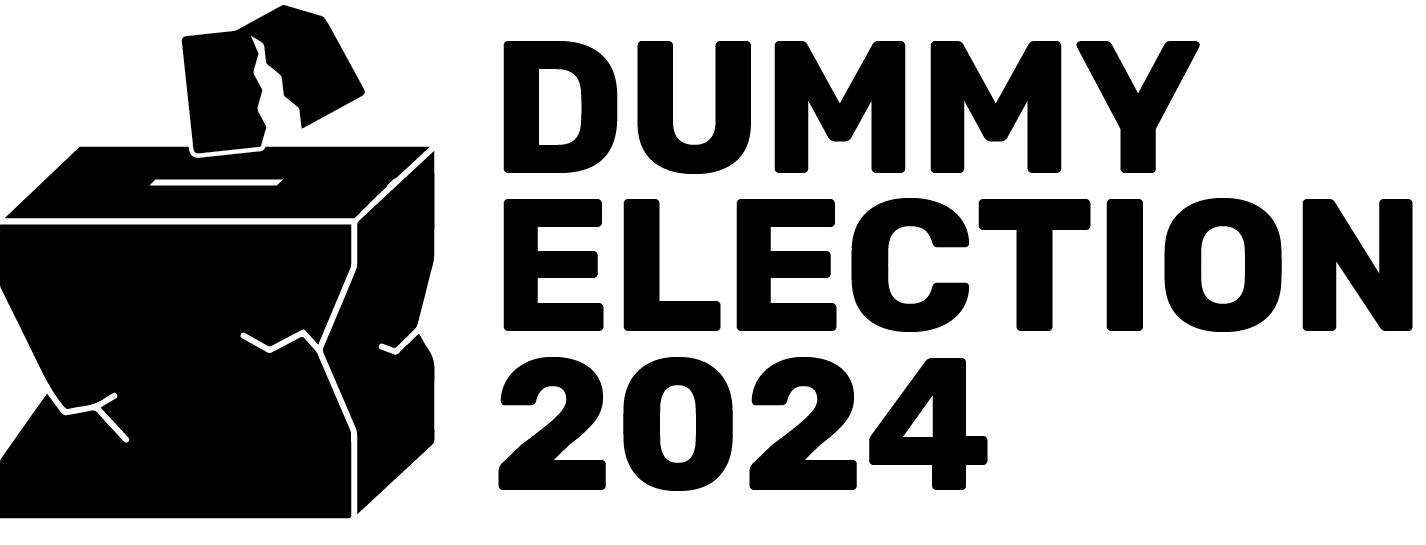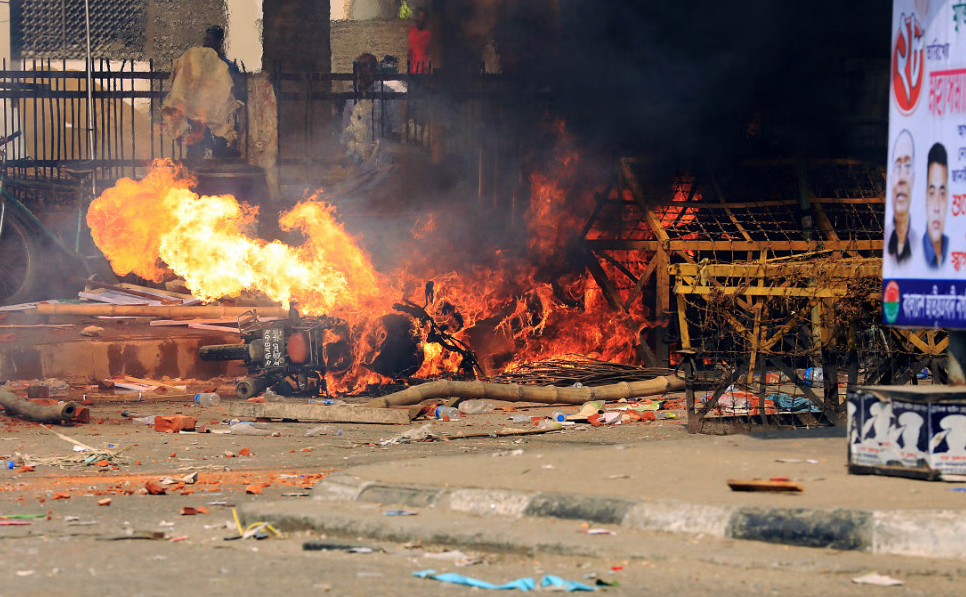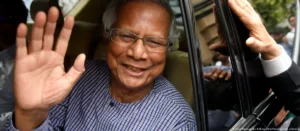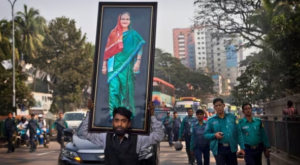Kamal Ahmed
Our worst apprehension, which we so desperately wanted to escape, has tragically become reality with an avoidable loss of lives—of a policeman and an opposition activist. With the government’s change of heart in allowing the BNP to hold its grand rally in front of its party office in Nayapaltan, Dhaka, we thought the tension that had risen due to the ruling party’s vow to keep a hold on the city streets would be eased. Despite reports of several obstructive measures being put in place to restrict a huge flow of opposition supporters entering Dhaka, there were little chances, until midday, that the protest would become violent.
Observers were rather worried about how the stand-off between police and Jamaat-e-Islami activists over the latter’s vow to hold an unauthorised grand rally at Shapla Chattar would turn out. Instead of any trouble, Jamaat was allowed to have its rally, just a few hundred metres away from their planned spot in Motijheel. It was so content with its apparent success that the acting Jamaat ameer, Mujibur Rahman, thanked the police in his speech for the permission to hold their rally.
The contrast between the two rallies could not be starker as the deadly violence, which foiled the BNP’s grand rally, was not only due to the clashes between police and BNP activists, but also because it was bolstered by Awami League supporters. A number of reports said the first sign of trouble emerged when a minitruck carrying AL activists on the way to their “peace rally” was trying to pass through BNP supporters already assembled on the road between Kakrail Mosque and Shantinagar. Later, when clashes between the police and BNP activists spread to Bijoynagar, another group of AL activists joined police in fighting their political rivals.
Whoever had initiated the actual fight is a subject of proper, lawful investigation. But neither police nor the leaders of the ruling party can shrug off their responsibilities for the loss of lives and the mayhem. Why didn’t police divert and direct the vehicles carrying AL supporters to a different route from a safer distance? Were those large contingents of law enforcement forces deployed throughout the city, and in particular the venues of the opposition parties, scared of the ruling party and could not direct them to an alternative route? Or was their presence on those spots only meant to tackle the opposition supporters?
The biggest burden, however, lies with those politicians who had specifically instructed partymen to bring in poles and oars on October 28 and warned the BNP of repeating December 10, 2022, the day remembered for a similar grand rally of BNP, for which its office was raided and ransacked, one valuable life was lost, and dozens of its leaders and activists were put behind bars. Earlier, the politicians also coined “khela hobe” (“the game is on”) for showing off its muscle power to suppress the opposition.
Despite appeals from the civil society for toning down inflammatory speeches and initiating dialogue to avoid bloodshed on the streets, the ruling party has upped the ante. No wonder a Bangla business daily, Bonik Barta, in its headline on the day asked whether it would be a “repetition of logi-baitha or peaceful assembly.” The reference of logi-baitha is nothing less serious than the December 10, as it is a reminder of one of the deadliest political violence in our country that left about a dozen people killed.
Unfortunately, it was not only a repetition of history with loss of lives, including that of a policeman, and the crisis over political dispute on election management has become even worse. The rigidity of both the ruling party and the opposition seems to have come to a point where the prospect of holding any political programme peacefully—be it a rally or a hartal—seems to have disappeared. One of the city mayors has vowed to break the opposition’s hartal with poles and oars. When the law enforcement agencies are entrusted with the duty of providing safety and security to citizens, why would members of a political party be taking up the policing role? The ruling party should stop organising parallel programmes and fuelling confrontation. Hasn’t it already lined up a series of campaign programmes of its own?
Though rights of association and expression do not depend on the Election Commission’s registration, allowing Jamaat to hold its meeting despite an ongoing case at the highest court and without prior permission may raise eyebrows among some observers. The events of the day, however, indicate that the ruling party’s sole objective is to deny any space to its nemesis, the BNP.
It’s ironic that some of our ministers rubbish foreigners’ concerns over political violence, but the advisory note issued by the US embassy to its citizens, that “demonstrations intended to be peaceful can turn confrontational and escalate into violence,” has become a reality in less than 48 hours. We can only hope that our politicians will soon realise that further escalation needs to be avoided.
This article was first published on Daily Star, on Oct 29, 2023
